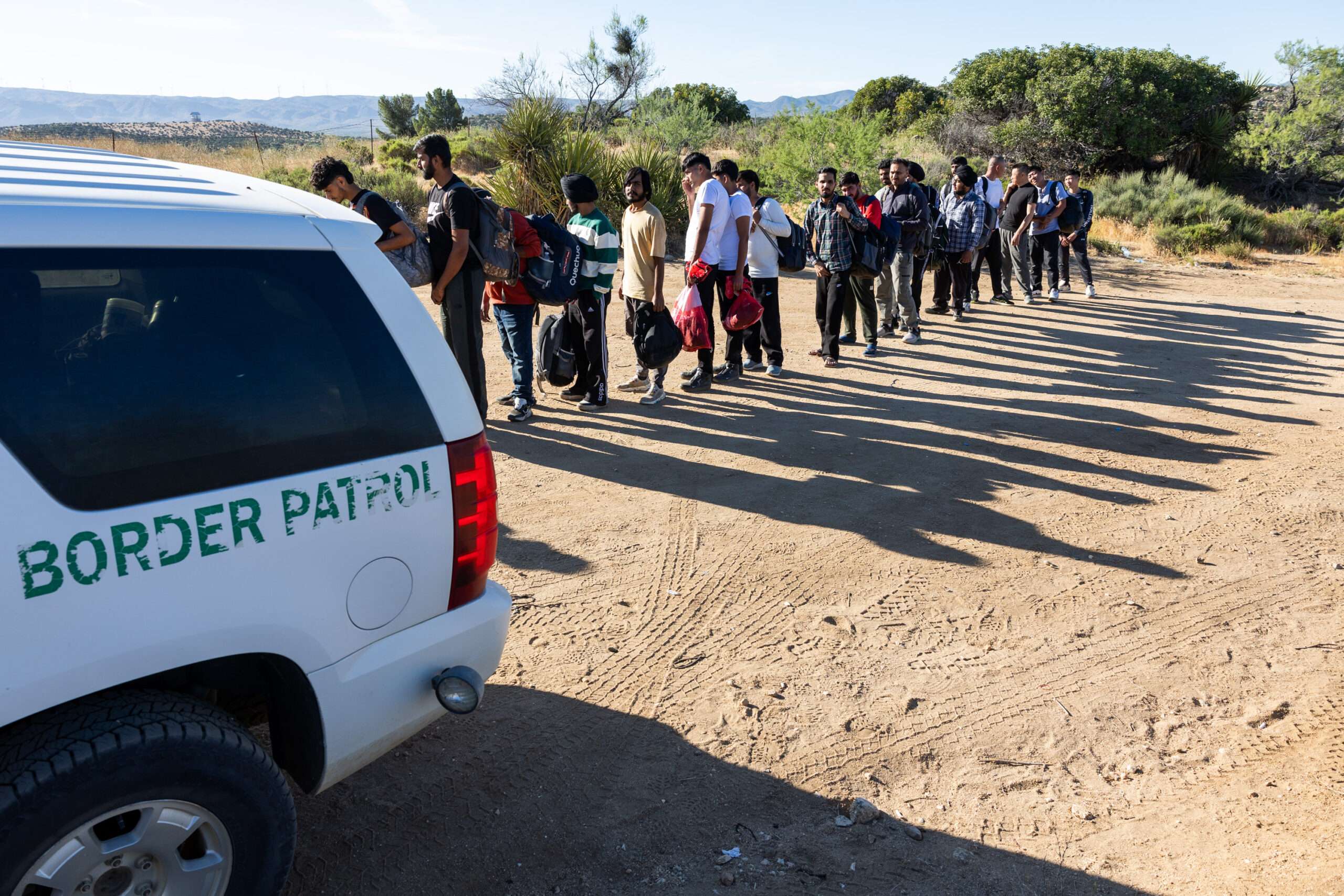When former President Donald J. Trump was convicted on 34 felony counts last week, the majority of people had already formed their opinions about him.
However, a small group of undecided voters could have a significant impact on a close presidential election.
The New York Times has been tracking these voters’ reactions to Trump’s conviction to gauge any potential shifts in support for him and President Biden. A recent New York Times/Siena College Poll study of nearly 2,000 voters revealed some positive news for Biden, as more voters moved away from Trump than towards him after the conviction.
In follow-up interviews with these voters who switched their stance post-verdict, a common theme emerged. Many of them were not enthusiastic about either candidate, were taking their time to decide, and even contemplating not voting at all.
Here’s a glimpse into the thoughts of a few of these potentially pivotal voters:
Jack Lyons, Reno, Nev.
After initially leaning towards voting for Trump due to economic reasons, Lyons, a business owner, had second thoughts upon hearing about Trump’s conviction. He is now undecided and waiting to see if Trump faces jail time before making a decision.
Despite supporting abortion rights, Lyons is hesitant to vote for Biden as he believes the president does not prioritize small business owners. If he decides against Trump, he may consider backing an independent candidate like Robert F. Kennedy Jr.
Eric Tabor, Albany, Ga.
Tabor, a Democrat who briefly considered voting for Trump for his perceived effectiveness, changed his mind after Trump’s conviction. He now questions Trump’s honesty and worries about his potential dictatorial tendencies if re-elected.
Jamie Beckwith, Butler, Pa.
Beckwith, who voted for Biden in 2020, was undecided about supporting him again due to issues like abortion rights and military actions. However, Trump’s conviction made her lean towards voting for Biden in November.
Carla Watts, Fairburn, Ga.
Watts, a Democrat, struggled with the decision to vote for Biden again but ultimately felt compelled to do so out of respect for her father’s involvement in the civil rights movement. She views not voting as a disservice to his legacy.





